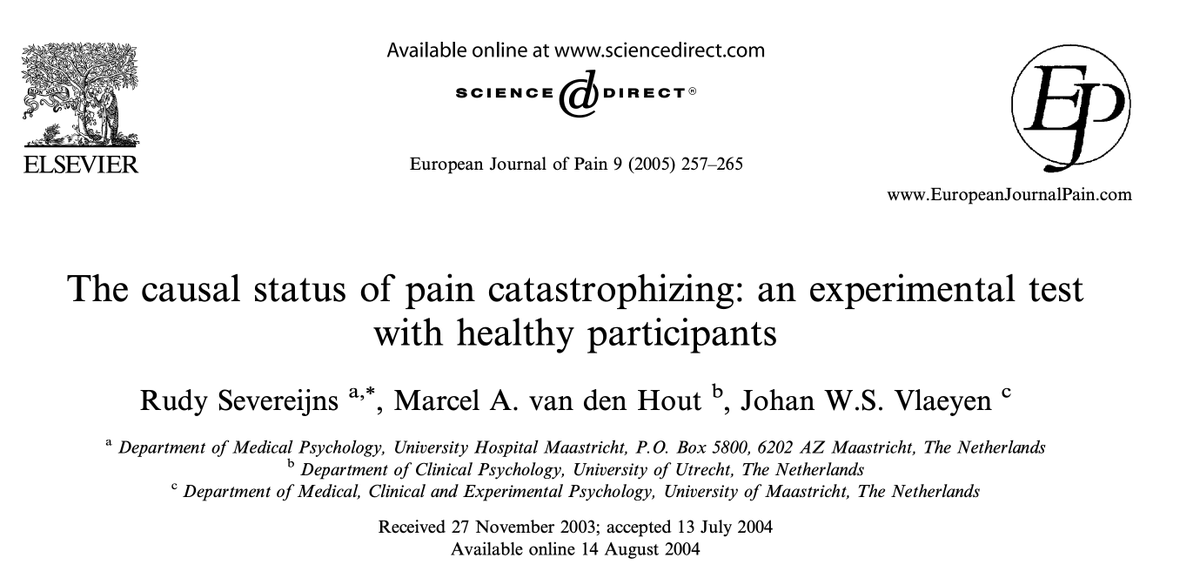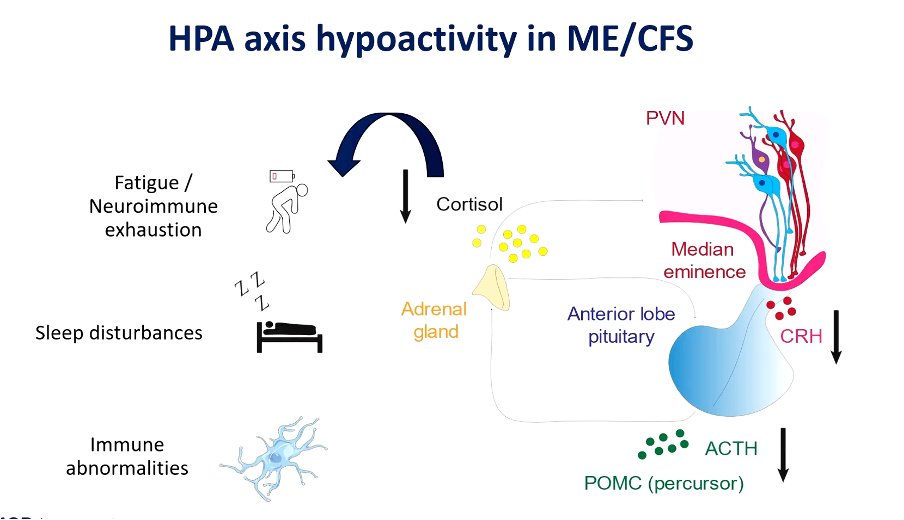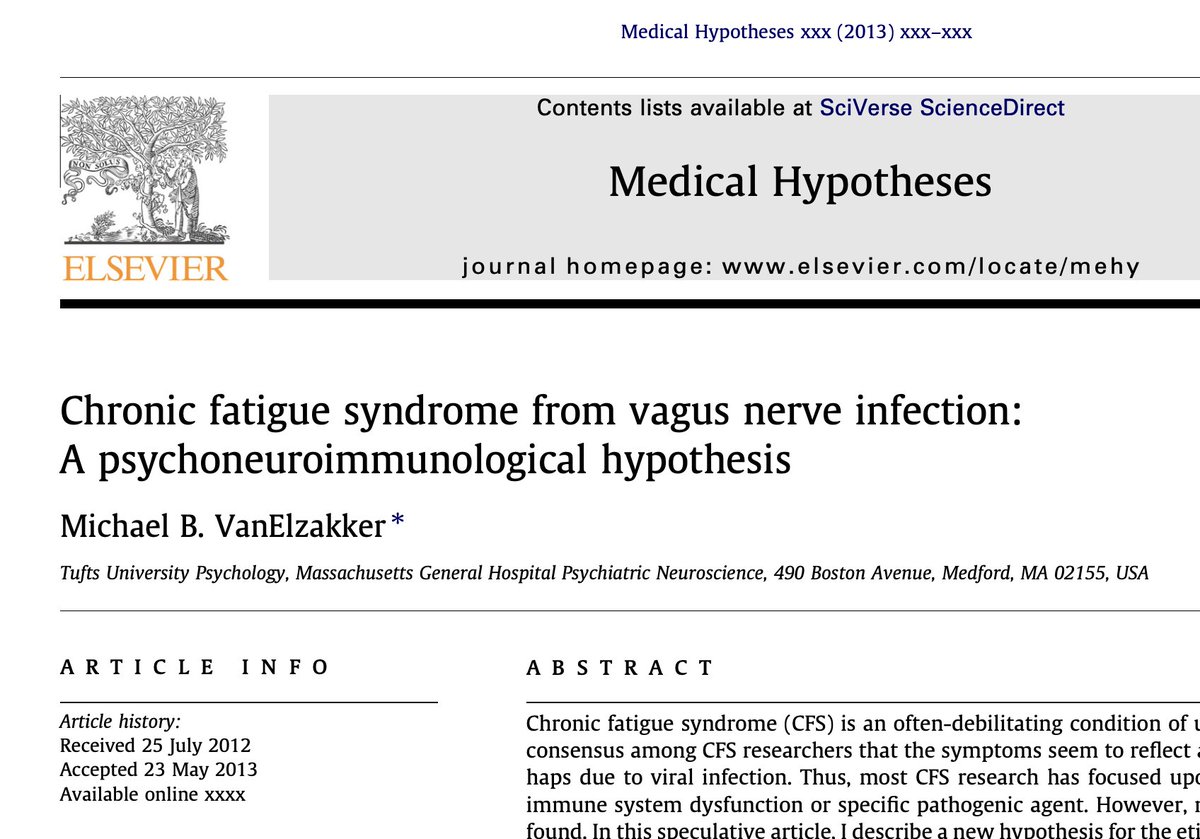1) There’s a new interesting study out by a collaboration of ME/CFS patients and scientists.
They’ve sent Freedom of Information requests to 38 NHS specialist centers for ME/CFS and asked them about their information on harms by rehabilitative therapies such as GET or CBT.
They’ve sent Freedom of Information requests to 38 NHS specialist centers for ME/CFS and asked them about their information on harms by rehabilitative therapies such as GET or CBT.
2) The results are striking. Among the ME/CFS clinics surveyed, there was an almost universal absence of criteria for detecting harm, and no clinic reported any harm to have occurred in their patients, despite acknowledging that many dropped out of treatment.
3) No clinic reported telling patients explicitly that they could be worse after therapy than before. They only said that setbacks were possible (but temporary) or that the reported harms of GET are due to the treatment being wrongly executed.
4) So patients getting worse during treatment might think that their decline is due to something else.
The authors suggest this can result in a “misinformation loop”: the clinics say GET is safe, patients believe that and do not report harm, clinics think GET is really safe...
The authors suggest this can result in a “misinformation loop”: the clinics say GET is safe, patients believe that and do not report harm, clinics think GET is really safe...
5) Or as the authors put it more eloquently: “if clinics presume that treatments are harmless, they will inevitably fail to record harms accurately.”
Another possibility is of course that patients do report harms but that clinics do not use or record this information.
Another possibility is of course that patients do report harms but that clinics do not use or record this information.
6) The solution the authors propose is a national system for collecting information from patients who think they have been harmed by rehabilitative therapies such as GET, something similar to the Yellow Card Scheme for adverse effects arising from medical drugs or devices.
7) The study was published in The Journal of Health Psychology and can be found here: journals.sagepub.com/doi/abs/10.117…
• • •
Missing some Tweet in this thread? You can try to
force a refresh










